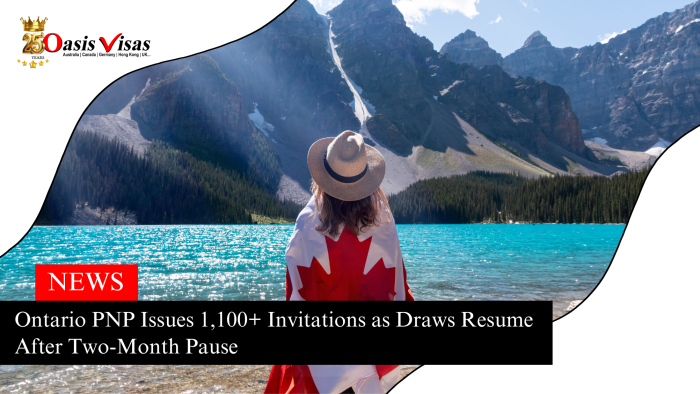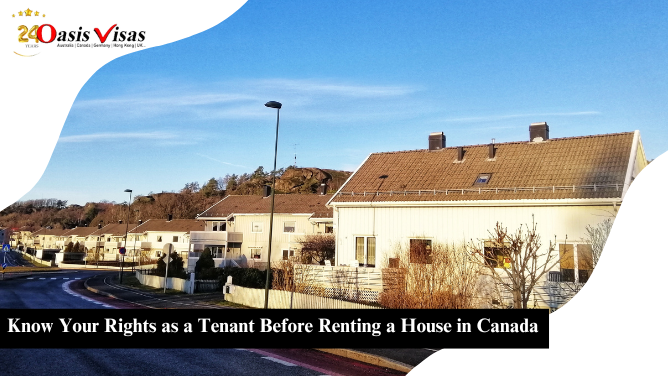
Renting a house in Canada is an exciting yet complex process if you are a naive person to the rights and responsibilities of tenants. The regulation of the rental market is tie-up by proper safeguards against any form of exploitation of tenants to ensure that they are living in Canada’s safe place. Knowing your rights will help you navigate this rental process smoothly and avoid potential disputes before jump on the process of renting a house in Canada. In this article, we shall cover major rights that should be known to the tenant lease agreements, rent increase, responsibilities about maintenance, rules about eviction, and privacy protections.
1. Understanding the Lease Agreement
The lease agreement should be clear while leasing a house in Canada. A lease is a tenancy agreement between the tenant and the landlord outlining terms and conditions that surround the renting of the house. The terms should feature every detail such as the dollar amount of rent, schedule of payments, period of the lease, and the laws governing its renewal or termination. In Canada, most leases last for one year, although there are several month-to-month lease agreements.
Before leasing, all terms must be specified and agreed to by both parties, such as the duties that both parties will be held responsible for. In case there is a clause that seems unreasonable or unclear, then seek clarification or legal advice. Oral agreements cannot be considered to be legally binding, so everything must be in writing to safeguard your tenant’s rights.
2. Rules of Rent Increases
Many regions has rent increase controls, protecting tenants from sudden and unreasonable hikes in rent. Most homeowners in Canada can only raise the rent once per year and need to do that according to the provincial rent increase guideline. For example, for the province of Ontario, the 2024 annual rent increase guideline is 2.5% and for British Columbia it’s 3.5%.
One should note that landlords are expected to give written notice before hiking rentals. This is typically execute 90 days beforehand. If a landlord tries to hike rentals unilaterally and without following the law, then the tenants will be allowed to dispute the increase through the concerned provincial authority. Always keep side by side of the rental regulating policies in your province so you are certain that any raise in rentals is legal.
3. Maintenance and Repairs
As a tenant of house in Canada, you are entitled to reside in a safe and habitable place. This simply means that the landlord retains the ownership and responsibility of the property and ensures that it complies with health and safety standards. If the house requires any form of repair or maintenance, such as a leaky roof, a broken heater, or bad wiring, the landlord is legally obligated to fix these on time.
Tenants should also promptly report any repairs to the landlord and maintain a record of all correspondence. If the landlord refuses to make the necessary repairs, the tenant may be able to withhold paying rent or seek reduction in rent through the provincial landlord tenant board. Once again, one must follow the proper legal process to avoid getting evicted for non-payment of rent.
4. Laws Regarding Eviction
Eviction is a serious issue, and to kick out a tenant from a house in Canada, there are strict rules that a landlord has to follow. In most respects, under the law, there are only a few valid reasons why a tenant should be evicted, but these include failure to pay rent, notable damage on the property or a break in the agreement.
In most state, a landlord would have to give a written notice stating the reason for the eviction and some time for the tenant to correct this before taking the further step of starting the eviction process. For example, in Ontario, the tenant has 14 days to pay overdue rent before the landlord can apply for the eviction order. If the eviction is not justified, then the tenants can challenge it through the appropriate legal channels. Knowing your right of eviction can save you from being wrongfully evicted from your rental home.
5. Right to Privacy
Privacy is the constitutional right of each tenant who rents a house in Canada. It is unconstitutional for the landlords to enter the rental property without notice or for any valid reason. Each province has rules for entry varying but with precondition that normally, at least 24 hours notice should be given by the landlord before he enters the house and only during reasonable hours. Some of the common reasons that enable the landlord to enter the house are repairs, showing to prospective tenants, or performing inspections.
Tenants should also be made aware of their right to privacy and file such violation cases before the provincial tenant board. Unauthorised entry by the landlord into the rental property may also qualify as harassment and the tenants can file a case against the violation of their rights.
6. Security Deposits and Rental Payments
Holding of a house in Canada commonly takes along security deposits. The amount is generally one-month’s salary and can be used to pay for damages or any outstanding rent at the end of the tenancy. Interest on the security deposit is required to be paid by the landlord in some provinces.
They shall maintain records for each amount of rent paid, and the landlord shall give receipts. All those records could be useful in case of a dispute over unserved rent or allegations of damage.
7. Know Your Rights as a Newcomer to Canada
Newcomers who rent a house in Canada to know the rights of tenants. Language barriers, unfamiliar laws, and cultural differences all add to the difficulties that make it difficult for newcomers to assert their rights. Many provinces have instituted specialized support for newcomers in understanding the rental market with free legal advice and translated materials.
Leasing a house in Canada is more than just the search for a decent property and subsequent signing for a tenancy. Being aware of rights and responsibilities in avoiding these risks would ensure a stress-free positive rental experience. Knowing the basics of lease agreements, rent increase rules, maintenance obligations, eviction procedures, privacy rights, security deposit regulations, etc can all help protect your interests as a tenant. Informedness not only safeguards one’s rights but also enables him or her to make better decisions concerning the renting of a house in Canada.
Before signing any rental agreement, read all the provincial tenant laws and seek legal advice if you want to. Be aware of your rights so that you can truly get the best out of your experience renting in this beautiful country of Canada’s awesome and diverse housing market.








